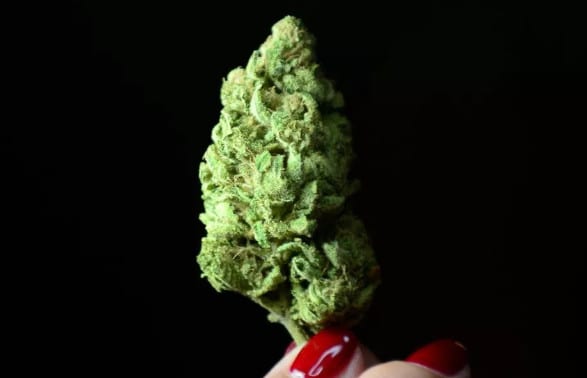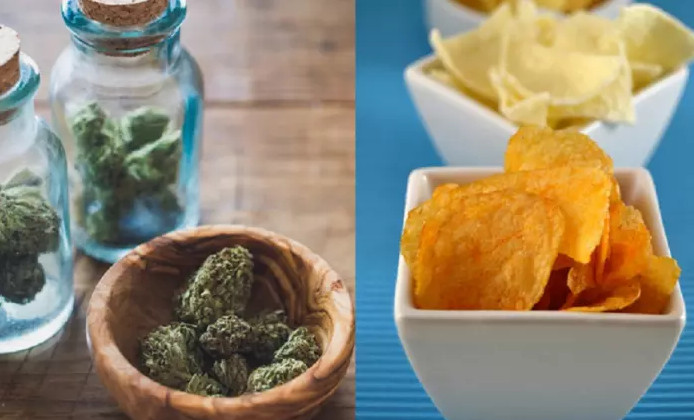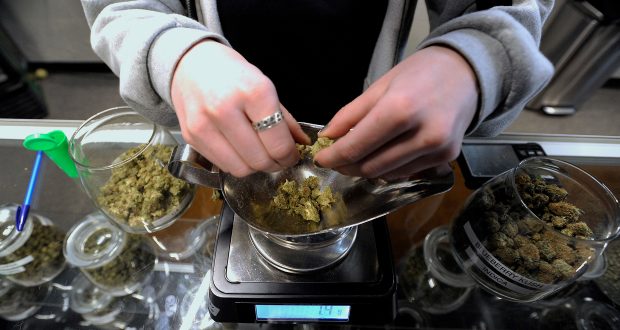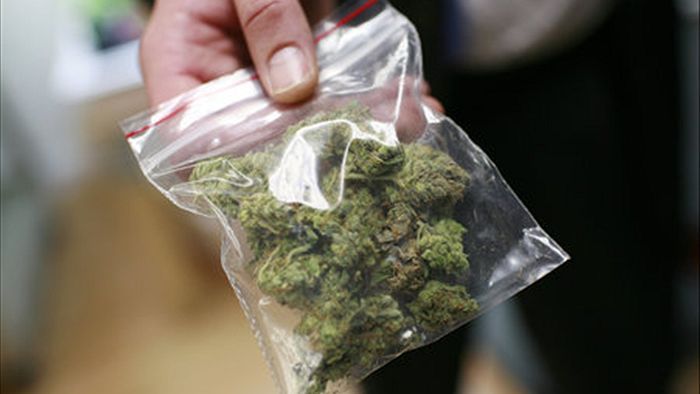Despite your opinion on John McCain’s policies, no one can deny he is an American hero and a dedicated public servant. He is one of the few politicians left that serves with conviction (I still remember his town hall where he quickly and genuinely shot down a woman who was charging Obama with being a Muslim). His selfless actions while a prisoner of war further speak to his mental fortitude and consideration for others.
His recent diagnosis is a true tragedy of glioblastoma, a malignant brain cancer, is a tragedy for his family, his state of Arizona, and the nation. Glioblastoma is often quickly lethal.
On the other hand, this exact type of brain cancer could show great promise for treatment by medical cannabis. Marijuana offers John McCain perhaps his best chance at beating the growing mass in his brain, considering most other forms of treatment for Glioblastoma really act as life extension and not treatment.
Hopefully McCain is willing to experiment. For most of his career he was an opponent of marijuana. But at a 2013 town hall, he shocked the crowd when he said “Maybe we should legalize Marijuana. Were certainly leaning that way. I will respect the will of the people.”
Not long after did Arizona legalize medical marijuana, meaning John would legally have access to medical treatment if he chooses to pursue that route.
Cannabis offers a staggering profusion of medical benefits, and its usefulness in treatment against cancer has been noted in many studies in recent decades. For the sake of political correctness and corporate interests, these results were hidden. And being a Schedule I drug marijuana has been defined by congress and the DEA as having no medical value, stifling nearly all research in the USA – and prolonging the suffering of patients like John McCain. Medical cannabis has been studied around the globe by nations with more foresight and Spanish researchers at Madrid’s Complutense University have been investigating its cancer-fighting powers for two decades. Much of their work has focused on gliomas.
In 2006 Manual Guzman, from Complutense University, published in the British Journal Of Cancer the study “A pilot clinical study of Δ9-tetrahydrocannabinol in patients with recurrent glioblastoma multiforme.” Here is a selection from the publishing that shows just how effective Cannabis may be:
We have previously shown that cannabinoids inhibit the growth (Galve-Roperh et al, 2000; Sánchez et al, 2001) and angiogenesis (Blázquez et al, 2003, 2004) of gliomas in animal models. Remarkably, this anti-proliferative effect seems to be selective for brain-tumor cells as the survival of normal brain cells (astrocytes (Gómez del Pulgar et al, 2002), oligodendrocytes (Molina-Holgado et al, 2002) and neurons (Mechoulam et al, 2002)) is unaffected or even favored by cannabinoid challenge. On the basis of these preclinical findings, we have conducted a pilot clinical study aimed at assessing cannabinoid anti-tumor action in patients with recurrent glioblastoma multiforme.
Their work showed Cannabis and the cannabinoids THC and CBD have powerful anti-cancer actions in several ways. One anti-tumor effect is the preventing of the formation of new blood vessels to support the tumors. As they mention, the selectivity of cannabis is remarkable in that healthy nerve cells and other supportive brain cells are not damaged, just the cancerous cells.
Additionally, research in 2014 indicated that a combination of THC and CBD greatly enhanced the anti-tumor effects of radiation. The Medical Daily followed up on this cancer treatment with cannabinoids, interviewing one of the principals:
We think that the cannabinoids are hitting a number of cell signaling pathways, which primes them to the effects of irradiation. Pre-treatment with the cannabinoids seems to interfere with the ability of the tumour cell to repair the DNA-damaging effects of irradiation.
credit:420intel.com













